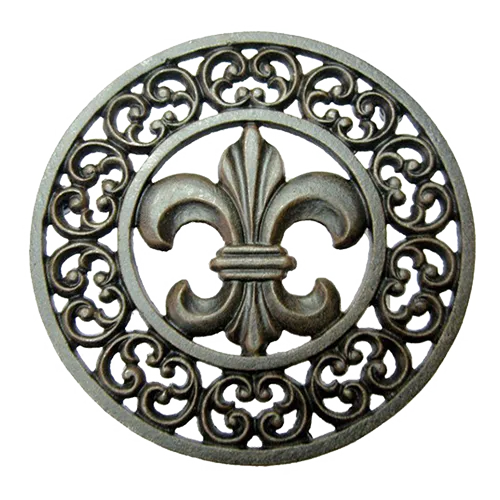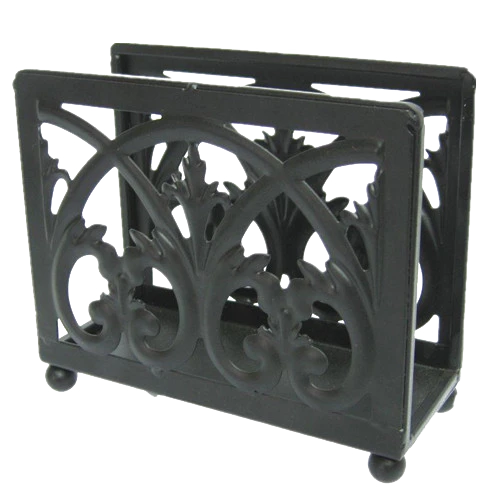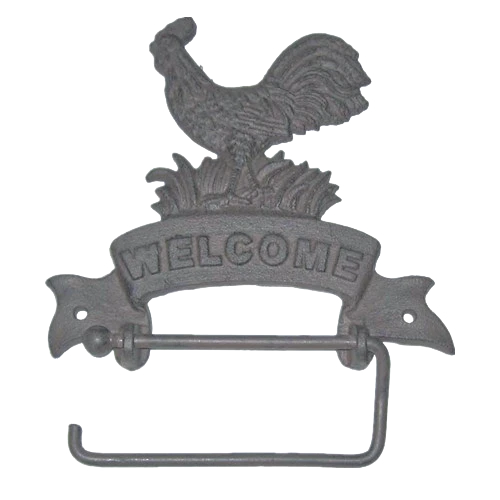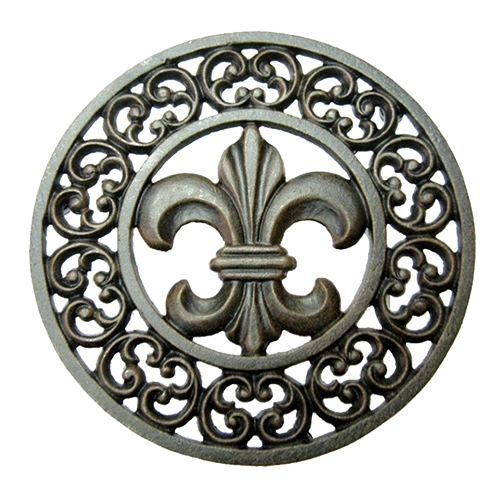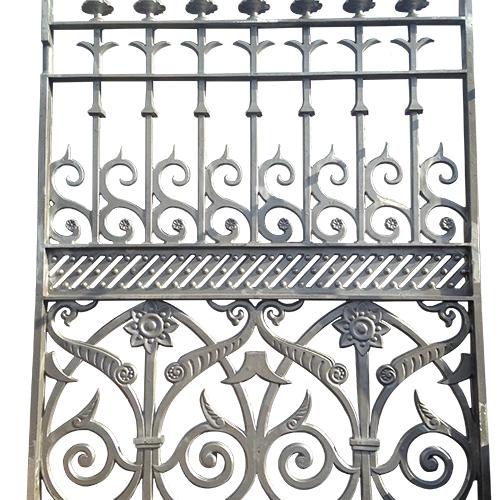The material and performance requirements of horticultural casting products mainly include material selection, heat treatment, non-metallic inclusions assessment, organization defects assessment, impact test, non-destructive testing and other aspects.
Material selection: Horticultural castings should be selected to meet specific standards of materials, such as GB/T12229-2005 WCB or ASTM A351 CF8M, etc. These materials need to undergo a specific heat treatment process, such as normalizing, normalizing and tempering or solution annealing to ensure that their mechanical properties and hardness meet the standard requirements.
Heat treatment: castings need to undergo appropriate heat treatment, such as normalizing or normalizing and tempering, to ensure that the hardness of HRC is less than 22. For ASTM A351 CF8M material, it is necessary to carry out solution annealing treatment and surface pickling treatment.
Non-metallic inclusions assessment: non-metallic inclusions in the casting need to be assessed, brittle non-metallic inclusions (such as oxides and brittle silicates) or elastic non-metallic inclusions (such as sulfides and elastic silicates) must not exceed a certain level.
Organization defects assessment: castings of organization defects, such as general porosity, central porosity, segregation, etc., need to be assessed in accordance with specific standards, do not allow the existence of white spots, cracks, pores and other defects within the material.
Impact test: castings should be in accordance with ASME regulations for impact test, impact test temperature of -10 ℃, the average value of the impact work of the specimen is not less than 40J, a single specimen is not less than 30J.
Non-destructive testing: each cast steel valve body should be 100% ray testing and magnetic particle testing or liquid penetration testing to ensure the quality and safety of castings.
In summary, the material and performance requirements of horticultural casting products cover many aspects from material selection to heat treatment, non-metallic inclusions assessment, organization defects assessment, impact test and non-destructive testing to ensure that the performance and quality of castings meet the standards and requirements.
